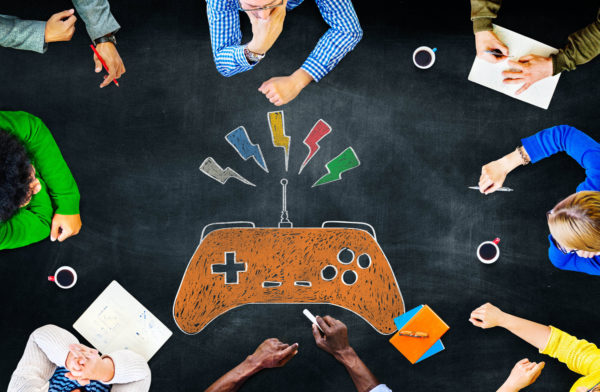As the gaming industry continues to grow, more and more students find themselves juggling their passion for gaming with the demands of their studies. While gaming is viewed as a distraction from academic pursuits, it is possible to strike a balance between the two.
Time management key to success
Effective time management is one of the most crucial aspects of balancing gaming and studying. Gamers should create a schedule that allocates specific time slots for gaming and studying. By setting clear boundaries and sticking to them, students can ensure they have enough time to dedicate to both activities without compromising. To make the most of their study time, gamers can employ the Pomodoro Technique. This method involves breaking study sessions into 25-minute intervals, followed by short breaks. After completing four Pomodoro intervals, students can take a more extended break, which can be used for gaming. This technique helps maintain focus and prevents burnout, allowing gamers to study more efficiently.
Active learning-Engaging with the material
Active learning is a study in-depth blooket join codes technique that involves actively engaging with the Material rather than passively reading or listening. This approach is particularly well-suited to gamers, as it mirrors the interactive nature of gaming.
Summarizing information in their own words
Creating mind maps or diagrams to visualize connections between concepts
Teaching the Material to others or explaining it out loud
Participating in study groups or discussions
By actively engaging with the Material, gamers can better retain and understand the information, making their study time more effective.
Turning studying into a game
Gamification involves applying game-like elements to non-game contexts, such as studying. By turning studying into a game, gamers can make the process more enjoyable and engaging. Some ways to gamify studying include:
Setting challenges or quests for oneself, such as completing a certain number of practice problems or reading a specific number of pages
Using apps or websites that offer rewards or points for completing study tasks
Competing with friends or classmates to see who can achieve the highest scores on practice tests or assignments
By gamifying the study process, gamers can tap into the same motivation and engagement that drives them to succeed in their favourite games.
Leveraging gaming skills for studying
Many of the skills that gamers develop through gaming can be applied to studying. For example, problem-solving skills honed through puzzle games can be used to tackle complex academic problems. The persistence and resilience developed through challenging game levels can be channelled into persevering through complex study material. Additionally, gamers can use their gaming setup to create an optimal study environment. By using the same comfortable chair, ergonomic keyboard, and blue-light-blocking glasses that they use for gaming, students can create a study space that is both comfortable and conducive to learning.
Monetizing Gaming Skills to Support Education
For some gamers, their passion for gaming can also be a means to support their education financially. With the rise of esports, streaming platforms, and online gaming communities, skilled gamers can monetize their talents through various avenues:
Participating in esports tournaments and competitions
Streaming gameplay on platforms like Twitch or YouTube Gaming
Creating gaming-related content, such as tutorials, reviews, or commentary
Offering coaching or training services to other gamers
By monetizing their gaming skills, students can earn money to support their education, reducing financial stress and allowing them to focus more on their studies.


